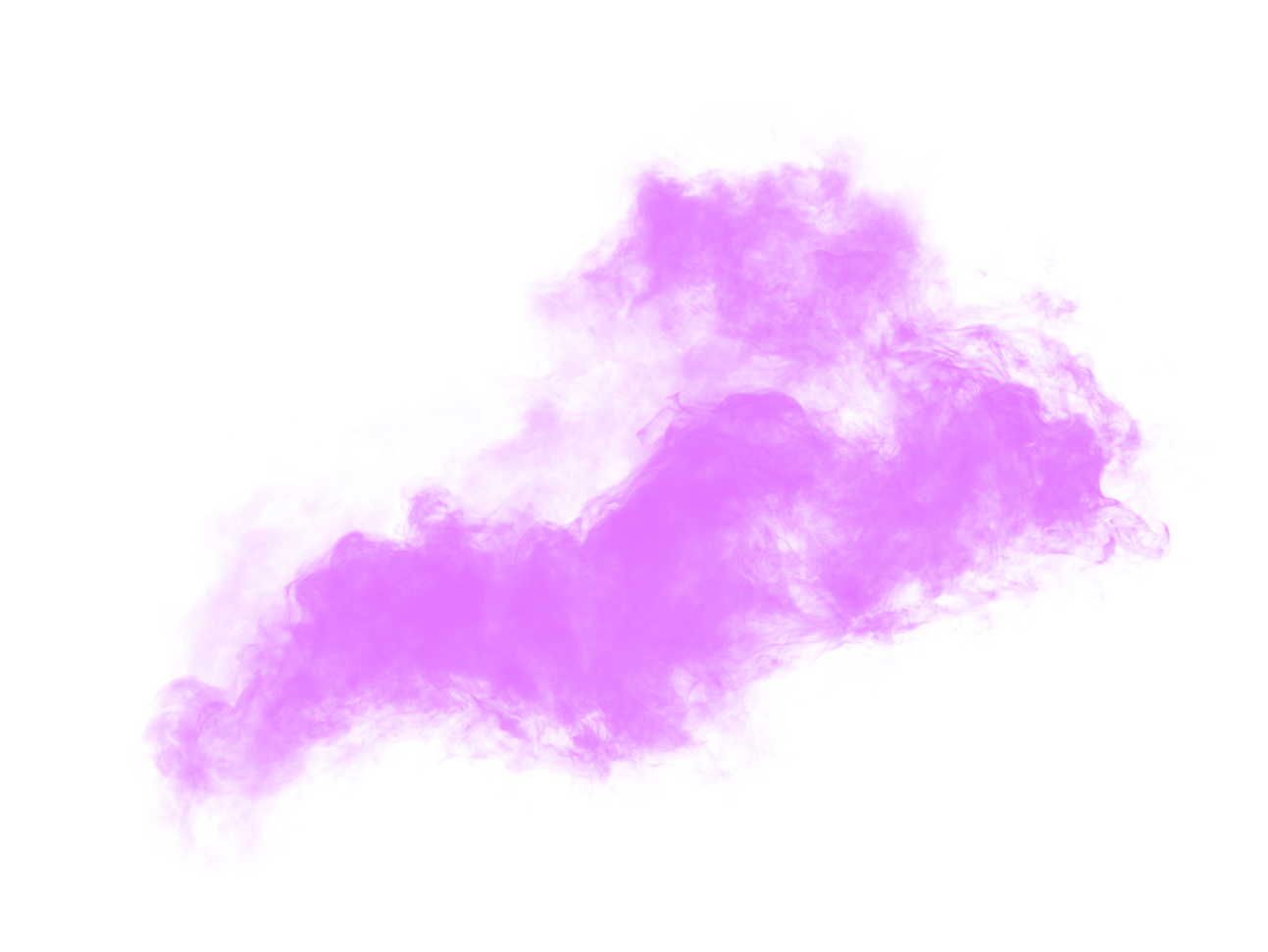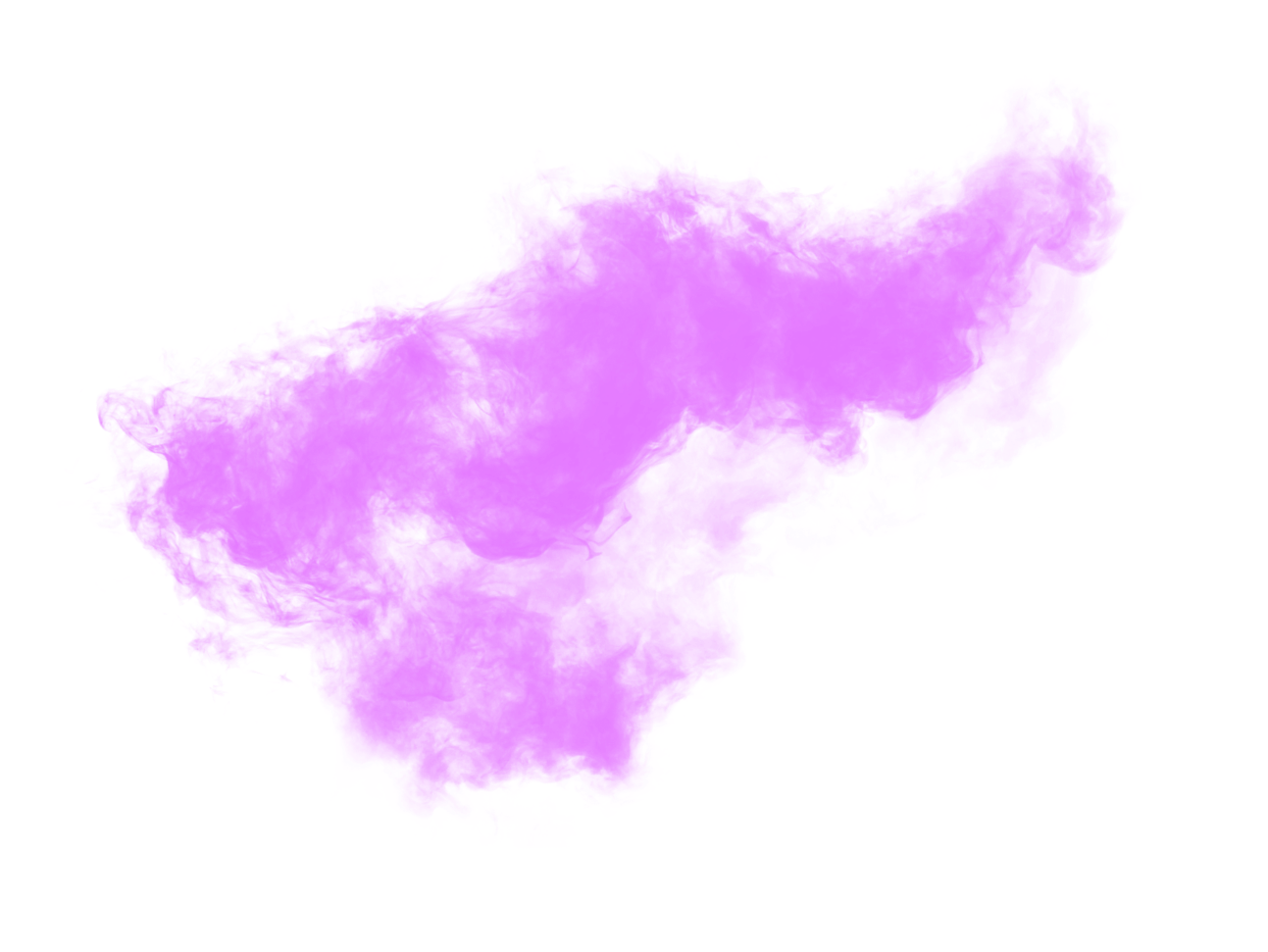Acquisition Tools for Beginners: SEO vs PPC
Whether you’re completely new to the world of digital marketing and its tactics or you’re a battle-tested, well-versed veteran – chances are you’ve heard of both at some point. At least you should. Especially in that latter case.
The big two – SEO, which stands for Search Engine Optimisation, and PPC, the Pay-Per-Click advertising. Both effective and valuable in their own realms. Both have their place – and both have their merits.
But which one is better? Or – which one should you choose?
The answer may be quite surprising.
Key Players
Both SEO and PPC are highly useful methods acquisition of customers, sales, online traffic and plenty other direct and indirect goals your business might have. SEO and PPC, in tandem, cover entire search engine traffic: SEO aiding your website in acquiring organic, unpaid traffic; and PPC allowing you to purchase and secure top-promoted positions in search results.
The first is all about the organic search rankings while the latter involves bidding on specific keywords so that your ads are displayed at the very top of search engine results pages (also known as SERPs).
Of, course it’s not all rainbows and butterflies. Were it actually that easy, who would need an
SEO Ecommerce agency? These would not exist. But let’s get back on track – what are the key players for digital marketing success?
Depending on your goals, business type and model, as well as available budget, one can serve you better or the other. There are plenty of things to consider – how quickly can you expect any results? What are the costs? What’s more cost-effective? What are targeting options? What about customisation?
These are the questions you should answer first, or have a specialised agency do it for you.
Free Traffic
There are 4 basic areas of Search Engine Optimisation: on-page SEO, off-page SEO, technical SEO and keyword research. All that to get the website as high in the Google rankings as possible, ideally, for as many relevant search queries as possible. That translates into traffic – and higher conversion potential, whatever it may be. There are contact form submissions, actual purchases and more.
But all that jargon could make your head spin, right? So, let’s keep it simple – SEO is a means to increase your online visibility; to make it easier for users, who are looking for specific services or information, to find your website.
Sounds simple enough, so what makes it so complicated?
Well, it’s Google. Or any other search engine for that matter. For all their amazing qualities and the wealth of opportunities they offer to both marketers and service providers alike, they do come at a cost. And that cost is algorithms – along with their updates. Granted they are quite consistent and logical, there’s one thing they’re not – transparent. The cold truth is that search engine algorithms consist of over 200 different factors that are constantly changing, therefore, the positions at which your pages appear in organic search results can change even a few times a day! SEO is not quite an exact science, but specialists know their way around these intricate algorithms.
Keyword Research
That’s normally where any SEO adventure begins. You need to focus on targeting, or in other words, finding phrases that are related to the business you’re running. Otherwise, what’s the point? The thing here is more general phrases are typically the most frequently searched ones, so there are plenty of other sites competing for these phrases.
On-Page SEO
That involves crafting valuable content for your audience – the kind that searchers would want to see. It has to be original, high-quality and informative to gain recognition, both in the eyes of Google and its users. There’s also a question of keyword placement, internal links, optimising images and much, much more.
Off-Page SEO
Now we’re moving away from your website – but not too far. To elevate the status of your site, you need a stamp of approval from other valuable sites. That’s backlinks – links that the other site posts within their content with specific keywords (anchor texts) linked back to your site.
Technical SEO
Good technical condition is an umbrella term and without going into too much detail – it’s about making sure that your website is as easy to read for Google as possible. Search engines need to be able to find, crawl and index your content.
Paid Traffic
That’s PPC. You put an ad up online, and pay a fee every time somebody clicks on it. The most common type is a search ad. It’s quick and quite effective in driving traffic and conversion but this comes at an actual cost. The return you get on your investment is the key factor here. PPC has its own version of the big 4: keyword research, bid setting, ad creation, and finally – audience targeting.
Keyword Research
Yes, just like with SEO, you need to find the right kind of keywords. Again, some of them can get really expensive if they’re really competitive. That’s why it’s often easier and safer to hire a
paid search marketing agency to do it for you.
Ad Bidding
Ad bidding is quite a complex element of the process. You need to set a limit on the amount of money you’re willing to pay Google to get that click. The marketer with the highest bid for a given query wins the bidding – and that happens every time a user “Googles” a phrase that is included in your keyword pool. If your competitors outbid you, your ad will not be displayed on Google.
Ad Creation
An ad should be well-designed with the right kind of copy and visuals – it needs to be relevant and useful. Google additionally analyses your on-page performance and content for relevance to the ad copy, as well as the selected targeted keyword pool. Based on that (and other factors) Google will give you a Quality Score. The higher it is, the better they believe your ad is.
Audience Targeting
This is very important – who do you want to see your ad? That should be driven by various factors, including conversion potential, specific demographics, location or interests. Plenty of options to choose from.
What’s better?
Well, for what? What’s the goal? Let’s see how these two fare in terms of costs, speed of potential results, visibility and targeting options.
Costs
The answer is obvious here – it’s SEO. SEO means free traffic; you don’t pay for any clicks. However, to do it effectively you might be paying your
local SEO experts. These services can be quite costly. Nobody’s saying it’s not worth it, but it’s something you definitely want to keep in mind. PPC, on the other hand, can be more expensive (depending on your goals and needs). Apart from the potential management fees you may choose to hire a
paid search agency, there’s also the fact that every click costs you money. Based on that alone, you might be thinking – what’s even the point of investing in PPC? You’ll see in a minute.
Results
Now this is where PPC truly shines because SEO is nothing but an ongoing, long-term process that requires a lot of attention and the right kind of management. With PPC, all you need isa website and a well setup and managed account - and you’re good to go. Of course, that too can be easier said than done, but still, PPC is the better choice in that regard. If you’re running short, limited-time-only events and offers, then that’s the only right option as well. SEO takes time to bring in the results you want – sometimes a week, sometimes 6 months, depending on a whole array of factors.
Visibility
The winner of this one isn’t quite as clear-cut as in the other categories. PPC often yields quicker results, especially for more competitive fields, which of course, is associated with higher costs. SEO, on the other hand, may be a better choice for a niche market, with greater potential for building long-term brand credibility and online visibility.
Targeting
Now we’re back to where we were – there is a better option. Or a more precise one. And that’s PPC. You set specific parameters to display your ads to the right audience – the most relevant and interested users, who, obviously, are closer to making the purchase. Not that SEO is not effective in bringing in any audience. It’s just that it tends to attract a broader one – maybe they’re here to get some information, not to strike a deal.
What’s the Verdict?
It’s not clear. We would ideally recommend both. It all depends on your goals, how much time and budget you have. The most effective campaign though is one that takes full advantage of what both these acquisition tools have to offer. After all, each of them brings unique opportunities to make your business skyrocket into another dimension. Analyse your situation, set your goals and get started. If you’re ever in need of consultation or high-quality services from experienced digital marketers – get in touch with us!
Our Revelation Digital team can’t wait to help your business reach new heights!





